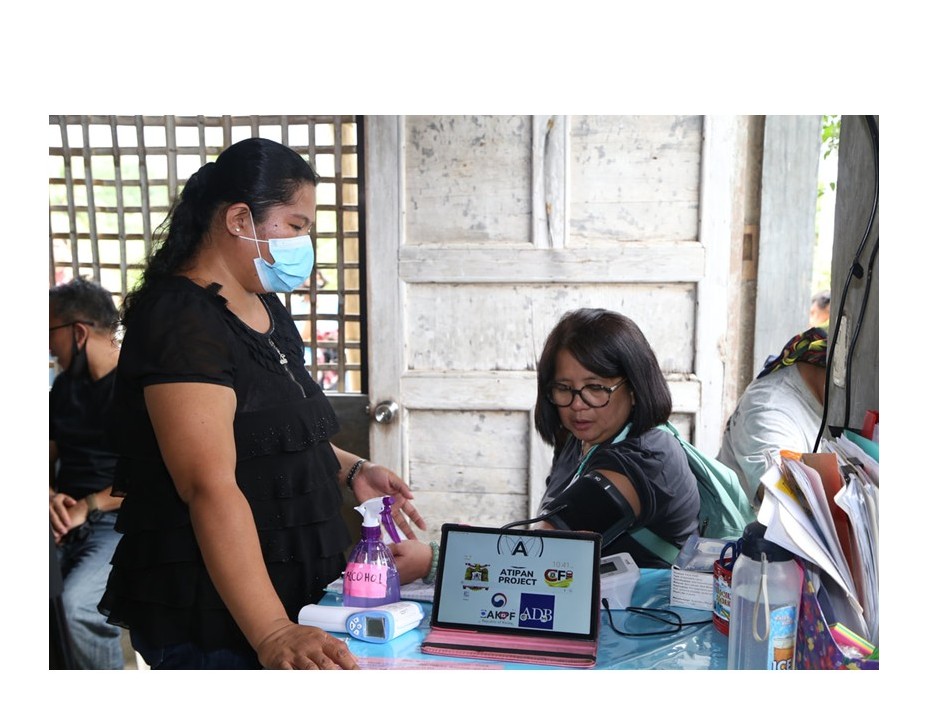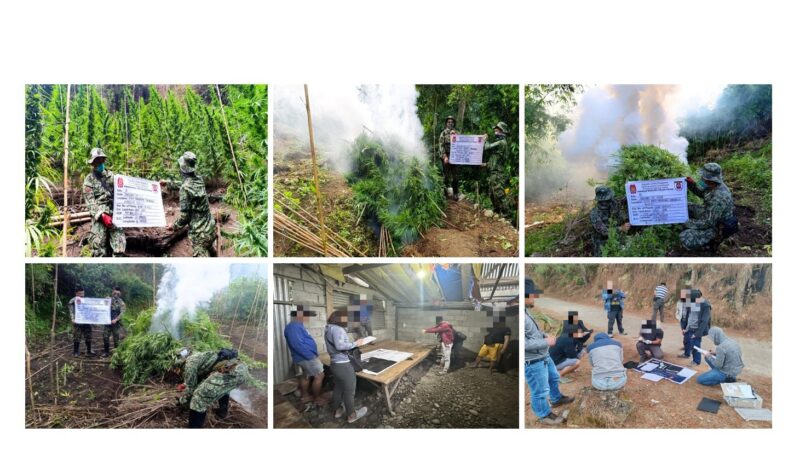UP Alumnus Leads Digital Health Initiative for PH Marginalized Communities

By: Eunice Jean C. Patron
In Photo: The ATIPAN Project aims to bring digital health to marginalized communities. (Photo credit: Center for Informatics)
Remote communities in the Philippines face challenges that hinder their access to quality healthcare services. In response, Dr. Romulo De Castro and his team implemented the ATIPAN Project, which aims to bring digital health to marginalized communities.
Drawing inspiration from the Hiligaynon word atipan—which means “to take care of”—and from the Ati communities Dr. De Castro’s team serves, the project was launched in 2021 to offer free teleconsultations, provide technology and training for health workers in partner indigenous people and rural low income communities in Western Visayas, as well as supply basic medication and health essentials.
The ATIPAN Project has received positive feedback from communities, who highlighted the benefits of telehealth in their area. While the long-term impacts of the project have yet to be fully assessed, there is already evidence of its potential to transform health care delivery in remote and under-resourced communities, primarily by improving local access to health services.
Currently funded by foreign agencies, the ongoing project looks forward to seeing its expansion plans and innovations come to fruition.
Dr. De Castro is an alumnus of the University of the Philippines – Diliman College of Science (UPD-CS), graduating with a degree in Molecular Biology and Biotechnology. He is now the Director of the Center for Informatics of the University of San Agustin in Iloilo City.
Dr. De Castro was the resource speaker of the recent “Innovation Impact Stories: A Webinar Series on the Societal Impacts of Science Innovation” of UPD-CS’ Innovation Program held last October 15, 2025.
Innovation Impact Stories is a webinar series that explores how science, technology, and innovation drive real-world impact. This initiative highlights the journeys, challenges, and successes behind research-driven innovations that have made meaningful contributions across various fields. It aims to inform and inspire students, researchers, and faculty to foster a culture of purposeful and collaborative innovation that bridges academic theory with practical application. #
References:
Zamora, P. R., Celeste, J., Rivera, R. L., Petrola, J. P., Aguila, R. N., Ledesma, J., Ermoso, M. K., & De Castro, R. (2024). The ATIPAN project: A community-based digital health strategy toward UHC. Oxford Open Digital Health, 2. https://doi.org/10.1093/oodh/oqae011






